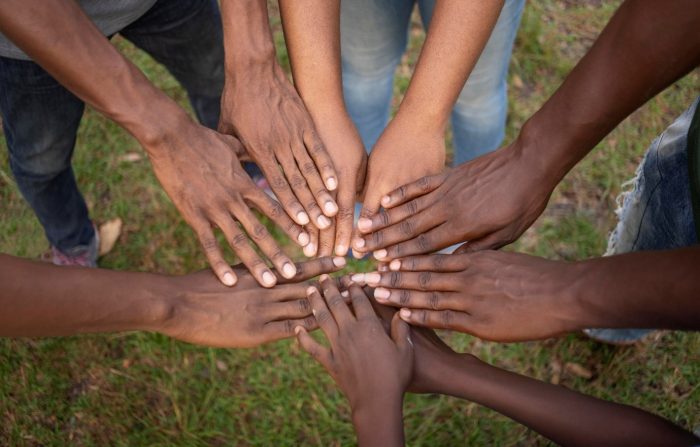Empowerment through Localization: A Holistic Approach to Sustainable Development
29th November 2023

Photo by Freepik
The idea of localising development work has caught the attention of global organizations like USAID and the World Bank. The focus of localisation is on understanding that if we want to effectively solve development and humanitarian issues, we need to pay close attention to what local communities need and want.
USAID talks about changing things internally to give more power to local people and make sure the community’s needs are met. The IFRC says that this approach is about increasing international investment, respecting local people who are involved, and making sure humanitarian work has a good impact.
However, Relief Web points out some problems, like how complex it can be for big international organizations and the difficulties donors face, especially with laws and checking out smaller groups.
People-Centric and Bottom-Up Approach
To truly embrace localisation, we need to think first about the people in the local communities. It’s about understanding their specific challenges and what they hope for.
Emphasizing Local Ownership
It also means giving local organizations, groups, and service providers the power to lead the way in planning and carrying out projects that fit their community.
Transparent Selection Criteria
Donors need to be clear and fair about how they choose local partners. They should look for partners who really know the local area, have a good history of doing things well, and whose goals match the project. This kind of open and competitive way of choosing partners helps bring in a variety of voices and includes everyone.
Capacity Building and Support
It’s not just about giving local organizations money. It’s about giving them the right kind of support that meets their specific needs. This helps them become strong, independent leaders in their communities.
Inclusivity and Diversity
Including a wide range of voices and viewpoints is essential. Donors should work closely with different local organizations and focus more on what impact they are having rather than making them fill out lots of reports.
Flexibility and Adaptation
Being flexible is key to localizing development. Plans need to be adaptable to reflect what’s actually happening on the ground and what feedback is received. Donors should be ready to change their plans based on real-world situations to encourage resilience and new ideas.
Reduced Reporting and Emphasis on Impact
Making the reporting process simpler, like the EU’s approach to funding, can make things easier for local organizations. It’s better to focus on how good and relevant the outcomes are rather than on many detailed reports.
Collaboration and Knowledge Sharing
When local organizations share knowledge and work together, it creates a support network. Partnerships between them and international groups can also help share the best ways of doing things.
Commitment to Long-Term Sustainability
Localization should be about making a long-term difference. Donors should stay involved even after the project finishes, to help make a lasting positive change.
Learning from Local Success Stories
Learning from what has worked well in local projects in the past can help guide future work. It’s important to recognize and use the experience and knowledge that local people bring to the table.
In Conclusion
Effective localization means changing the way we do things. It’s about giving power to local groups and focusing on making a real difference rather than getting caught up in procedures. By following these ideas, we can move towards development that really helps local communities.
Visit Pamela Steele Associates to learn more about effective development projects and gain inspiration from real success stories.